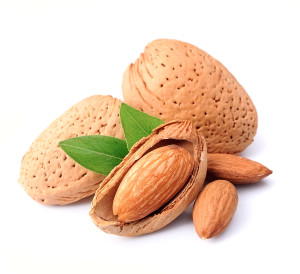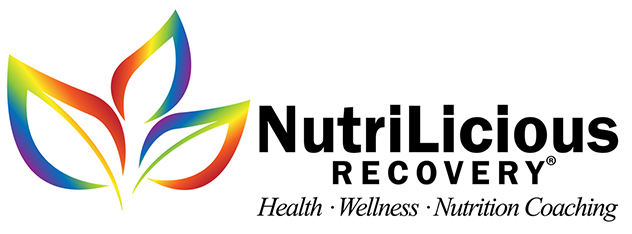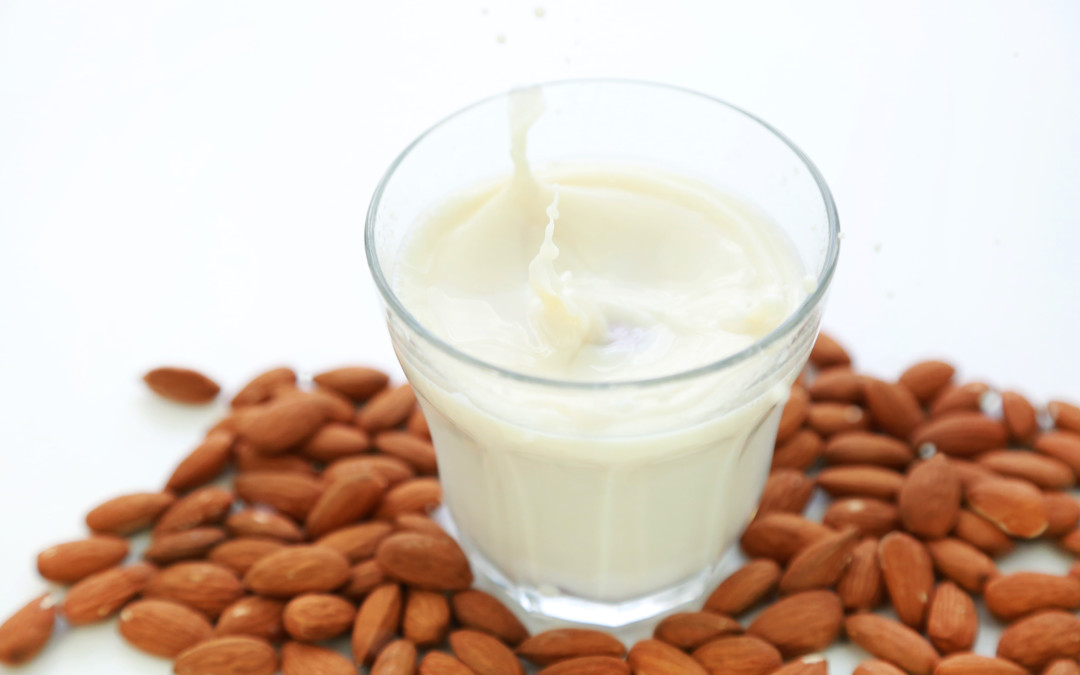Almonds are rich in vitamin E, calcium, magnesium, and potassium. These nutri- ents may help reduce the risk of heart disease. Out of all nuts, almonds ranks highest in protein, fiber, calcium, vitamin E, riboflavin, and niacin. The fat profile is primarily the healthy unsaturated fats versus the unhealthy saturated kind.
 Why Almond Milk?
Why Almond Milk?
- Nutrient-Rich
- Detoxification
- Vibrant & Radiant Health
- Support a healthy heart
- Easy to Digest
- Improve Digestion
- Hydration
- Delicious
- Easy to Make
- Unlimited Varieties
Almond Milk Recipe
Tips
- There are many optional flavors so choose what works for you.
- Nut bags are easier to use than cheesecloth. I use Zimtal nut bags from Ama- zon.
- FDA recommends 1 ounce of almonds per day for optimal heart health. This equates to 23 almonds (¼ cup) which also translates to 1 ¼ cup of almond milk/day.
- If drinking almond milk daily, don’t also eat al- monds.
- Make it taste good (use a sweetener listed if need- ed).
6. Works well in teas, coffee, smoothies, cereal, and more.
Ingredients
- 1 cup almonds, soaked overnight Pinch of Himalayan salt
- 5 cups filtered water 6-8 dates (optional)
- 1 teaspoon vanilla (optional)
- ¼ cup sesame seeds (optional)
Method
- Drain and wash almonds
- Place all the ingredients in a blender and blend on medium for one minute, then puree on high for one
- Strain into jar or pitcher using either a cheese cloth or a mesh nut You may need to do this in stages so the milk can slowly strain through the cheese- cloth. It may help taking a spoon to scrape the bottom of the cheesecloth so the milk can pass.
- Refrigerate the
- Refrigerate the almond puree if you are using it to make something else; other- wise
- Enjoy the milk!
Makes 5 ½ cups plus ½ cup almond puree and should store in the refrigerator 5 days.
Disclaimer
These recipes are copyright @2014 NutriLiciousRecovery.



